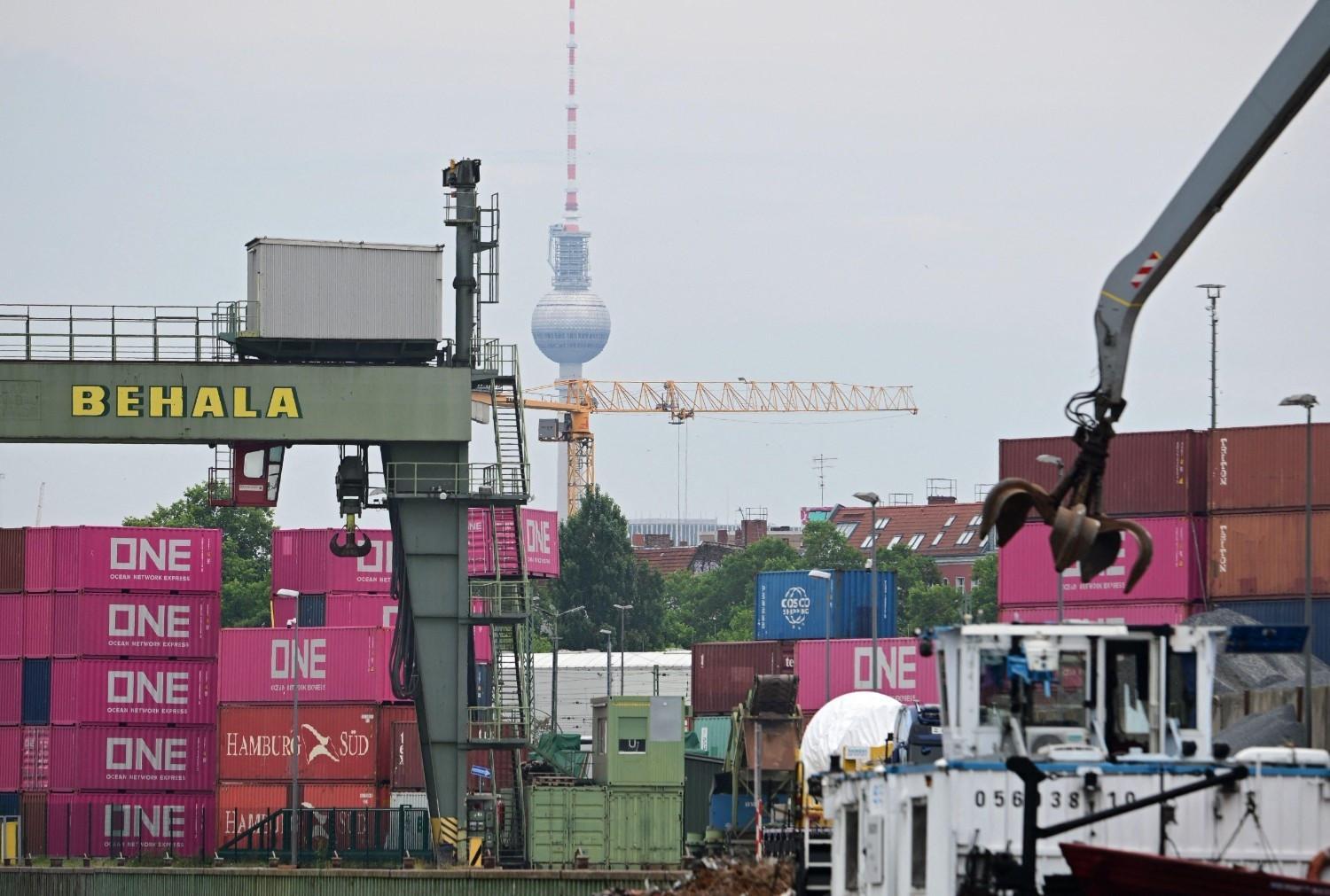
The European Union has defended its trade deal with President Donald Trump, with EU capitals and businesses sharply divided on an outcome some branded a "capitulation."
"I'm 100-percent sure that this deal is better than a trade war with the United States," top EU trade negotiator Maros Sefcovic told journalists on July 28.
European Commission President Ursula von der Leyen clinched the framework accord with Trump on July 27 after dashing to Scotland as the Aug. 1 deadline loomed for steep levies that threatened to cripple Europe's economy.
EU exports are now set to face across-the-board tariffs of 15 percent, higher than customs duties before Trump returned to the White House, but much lower than his threatened 30 percent.
"This is clearly the best deal we could get under very difficult circumstances," Sefcovic said.
The reaction from European capitals ranged from muted to outright hostile.
French Prime Minister Francois Bayrou said it was a "dark day" for Europe and that the accord was tantamount to "submission."
German Chancellor Friedrich Merz said his country would face "substantial damage" from the tariffs but that "we couldn't expect to achieve any more."
He argued that the deal's negative effects "will not only be limited to Germany and Europe, but we will see the effects of this trade policy in America as well."
Hungary's Prime Minister Viktor Orban attacked the deal in blunt terms, saying: "Trump ate Ursula von der Leyen for breakfast."
Italian Prime Minister Giorgia Meloni, a Trump ally, said the deal had avoided "potentially devastating" consequences.
Defending Brussels' approach, Sefcovic warned that a no-deal scenario would have risked up to five million jobs in Europe.
"It looks a bit like a capitulation," said Alberto Rizzi of the European Council on Foreign Relations (ECFR).
"The EU accepted a fairly unbalanced deal," he added, saying it delivered a "political victory for Trump".
Industry groups made plain their disappointment, with Germany's main auto sector body saying the 15-percent levy "burdens" carmakers while its VCI chemical trade association said the rates were "too high."
The car industry in the EU on viewed the trade deal struck with the US as a de-escalation, but one that still puts sand in its gearbox.
German auto companies in particular were in for a great deal of export pain.
Shares in Porsche, Volkswagen, BMW and Mercedes-Benz all lost more than three percent in trading on July 28.
The agreement eases "the intense uncertainty surrounding transatlantic trade relations in recent months", Europe's main auto group, the European Automobile Manufacturers' Association (ACEA), said in a statement welcoming the deal "in principle."
But it noted that the 15 percent US tariffs imposed on EU goods including cars "will continue to have a negative impact not just for industry in the EU but also in the U.S".